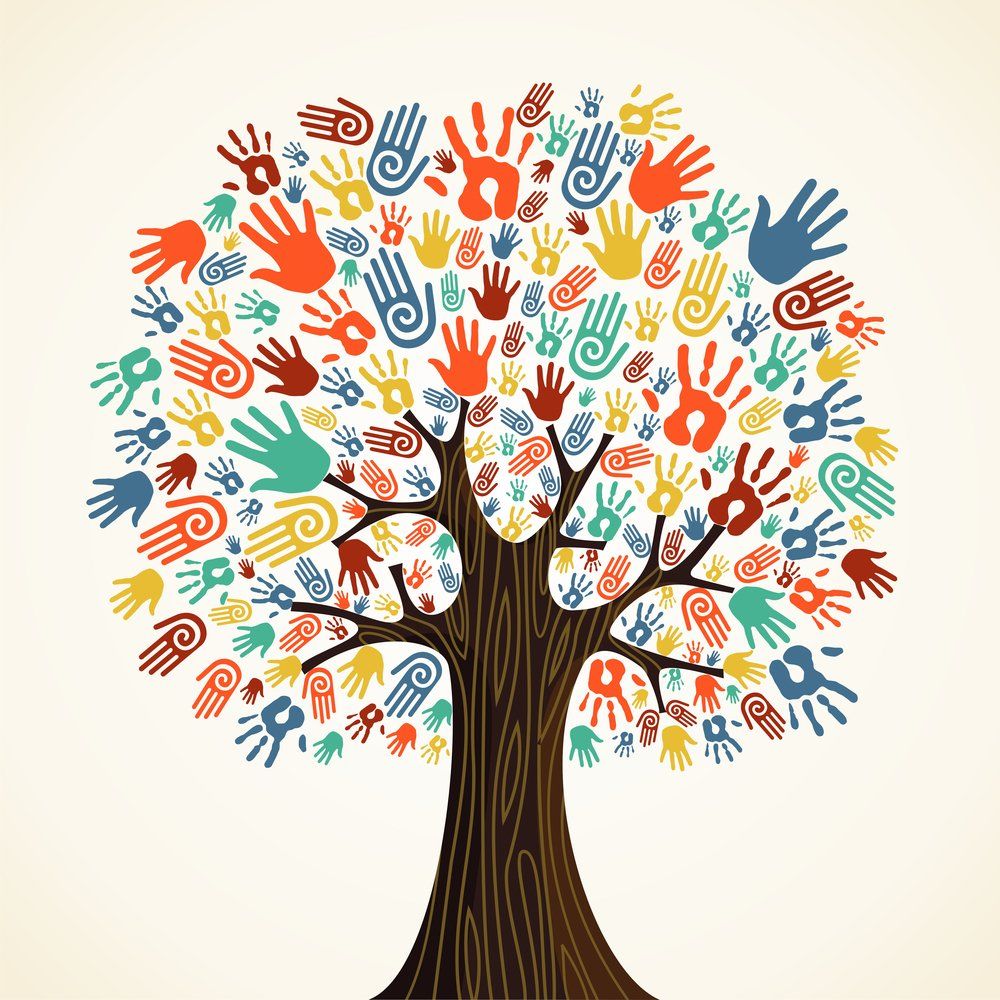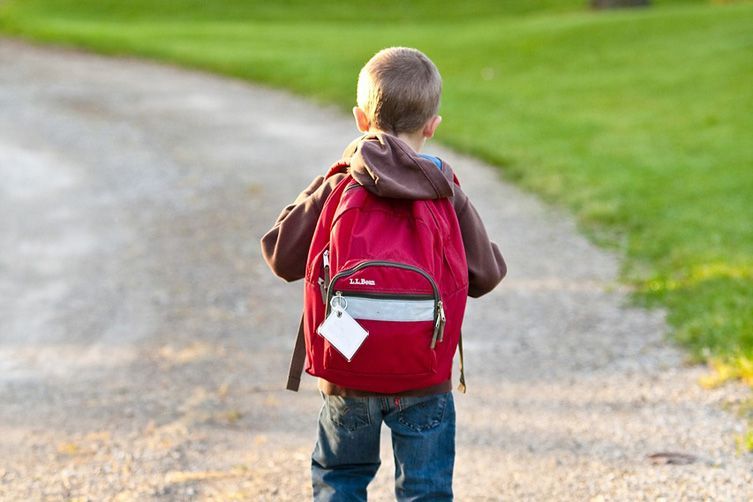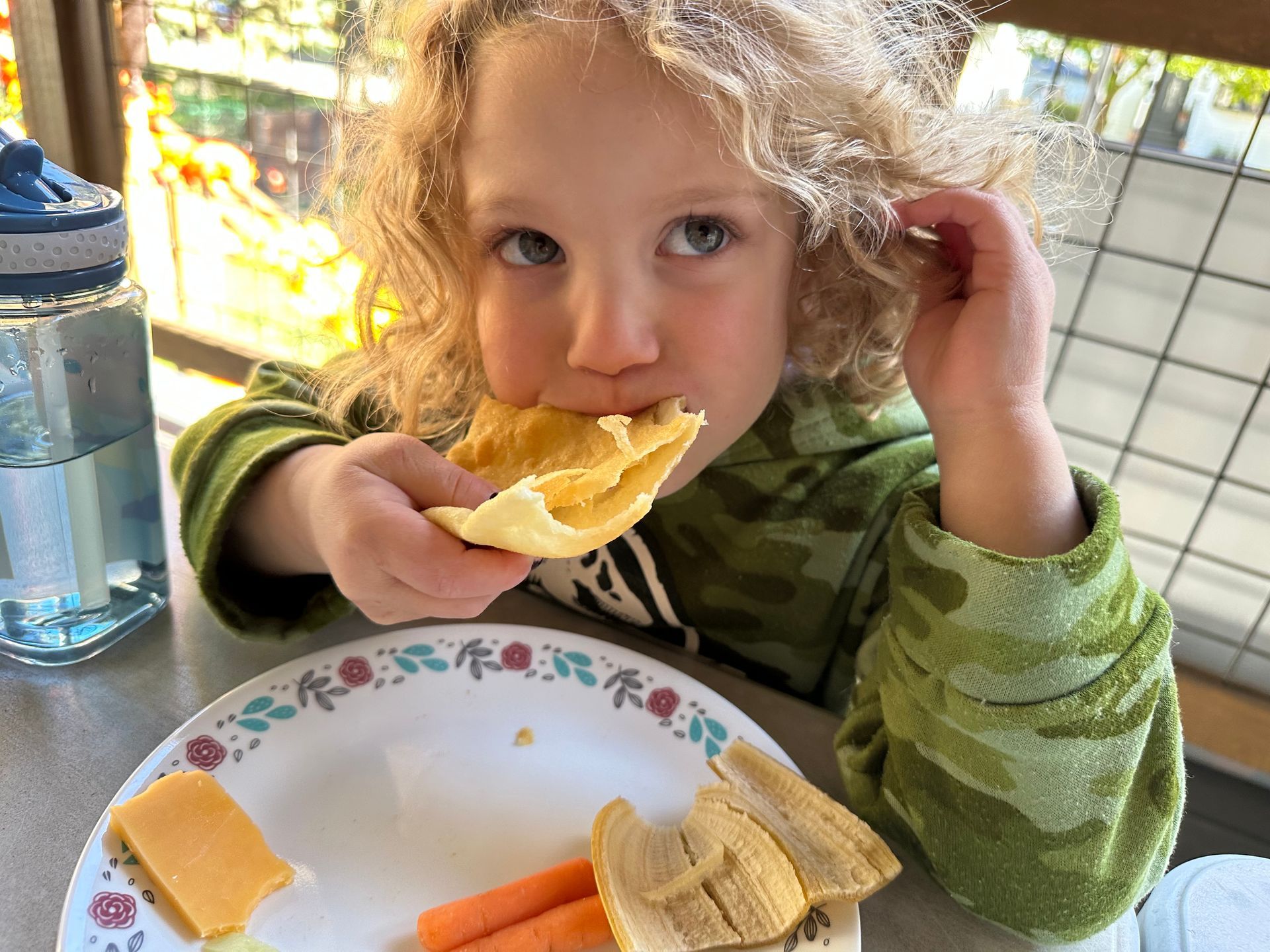Developing Self-Control in Young Children
by Roxy Krawczyk, M.A. Ed.
Ask a parent how much self-control their three year old has, and they may just laugh heartily in response. From grabbing a candy bar at the checkout line to hitting a sibling in frustration, young children are notorious for lacking self-control. But developing good self-control is important for a child’s health, safety, relationships, and future success. Studies show that preschool children with better self-control have more friends, become more confident and independent, and are better at handling stress and frustration. They are also more likely to perform well academically in adolescence and less likely to experience anxiety, depression, and aggressive behaviors as they get older.
Why is self-control so essential? Because it is a skill set that underlies much of our human experience. Self-control enables us to decide which of our impulses to act on and which to ignore. It allows us to express and cope with strong emotions in appropriate ways. It empowers us to think ahead and plan, as well as to focus on the activity at hand. Essentially, self-control gives us the ability to regulate our thoughts, feelings, and actions — no small feat, especially for a young developing brain.
So when do children develop self-control, and how can we help them with it?
The development of self-control begins at birth with self-soothing techniques like thumb sucking. However, most children don’t start to show significant gains in their emotional and behavioral control until somewhere between the ages of 3 and 7. This is a great time to start working on those skills at home!
Begin by taking stock of your child’s current self-control. Ask yourself, how well can they:
- wait for a turn?
- follow directions?
- focus on one activity for a long period of time?
- calm down when angry?
Remember that every child is different, and there is no right answer. Don’t worry if your child seems to be at the beginning of this phase of development. There are lots of easy, fun ways to encourage self-control skills at home. Here are a few of our favorites:
- Games
Studies have shown that games are the most effective method of increasing self-control in young children. Familiar games like “Red Light, Green Light,” “Simon Says,” “London Bridge,” and “Freeze Tag” help develop children’s impulse control by asking them to attend to and follow directions. - Music
Waiting to participate at the right time helps children develop impulse control. To practice this, try singing songs where your child takes a turn or performs certain actions at different moments in the song. Songs like “Hokey Pokey,” “Head, Shoulders, Knees and Toes,” “Itsy Bitsy Spider,” and “BINGO” are great examples. - Pretend Play
Enjoy a little guided play with your child! In cooperative pretend play, children get to practice taking turns, following rules, setting limits, and sharing responsibility. They work on developing impulse and emotional control, and they also get to try on other people’s roles, which helps to develop social awareness and empathy. Short on time? Don’t worry. If you are fully present, your play sessions can be as short as 10-15 minutes and still make an impact. - Teaching Emotions
When children can understand and label their own feelings, they can start to better regulate them. Help children learn words to describe their emotions (mad, happy, sad, proud, scared, lonely, etc.) by talking about and labeling their feelings. For young children, it can help to read books about feelings. As children get older, take on the role of “emotion coach.” Talk with them about their feelings, give empathy, and discuss helpful ways to deal with the situation at hand. - Routines
Establish simple daily routines at home. Knowing what comes next in a sequence (meal time, play time, nap time, etc.) enables children to begin thinking ahead. Maintaining consistent routines fosters predictability and helps reinforce your child’s developing focus and planning skills. (It also helps increase their independence!)
Parents and caregivers play a critical role in the development of young children’s self-control. Fortunately, there are lots of natural opportunities in your child’s day to practice! With consistency and gentle guidance, you can help your child build strong self-control that will benefit them for a lifetime.
References
Berk, L.E., Mann, T. D., & Ogan, A. T. (2006). Make-believe play: Wellspring for the development of self-regulation. In D.G. Singer, R. Colinkoff, & K. Hirsh-Kasek (Eds. ), Play=learning: How Play Motivates and Enhances Children’s Cognitive and Social-emotional Growth (pp. 74 -100). New York: Oxford University Press.
Dewar, G. (2003) Teaching self-control: Evidence-based tips. Parenting Science, 18 Nov. 2023. parentingscience.com/teaching-self-control/
Eisenberg, N., Fabes, R. A., Losoya, S. (1997). Emotional responding: Regulation, social correlates, and socialization. In P. Salovey and D. Sluyter (Eds.), Emotional Development and emotional intelligence: Educational implications (pp. 129-16. New York: Basic Books.
About the Author
Roxy Krawczyk is an educator, consultant, and freelance writer. She has an M.A. in Education as well as Montessori teaching certifications in early childhood (AMS) and adolescence (AMI). Roxy loves helping parents learn new tools for the ever-changing job of raising small humans!






